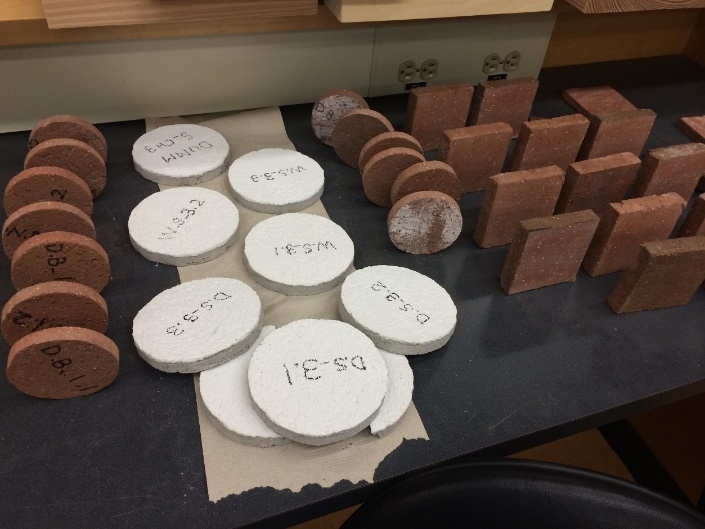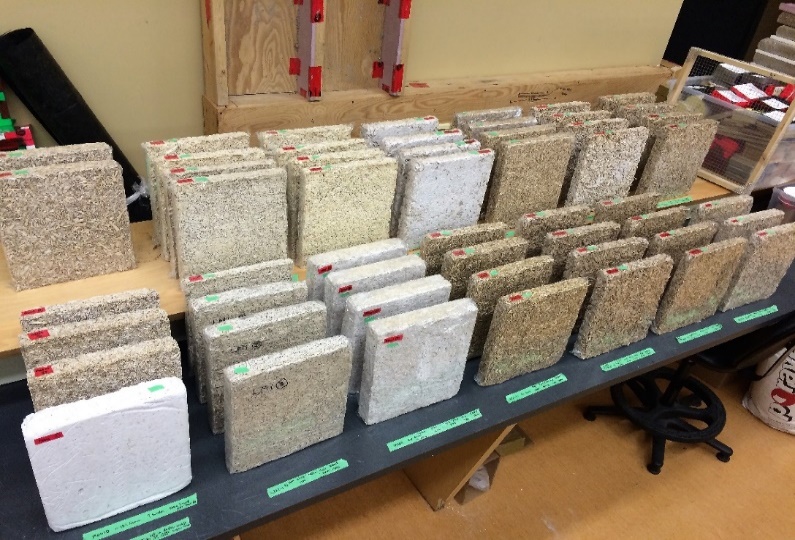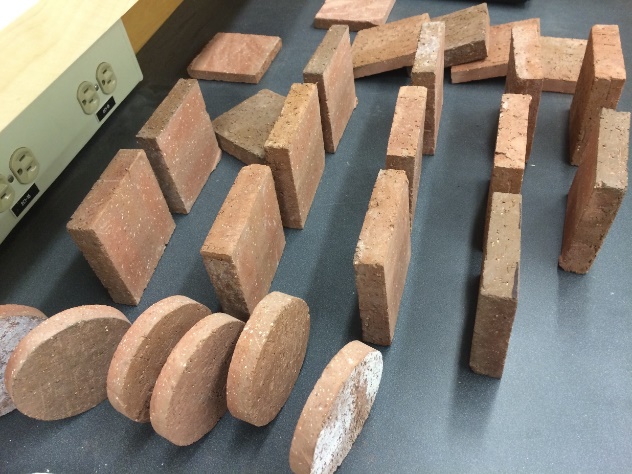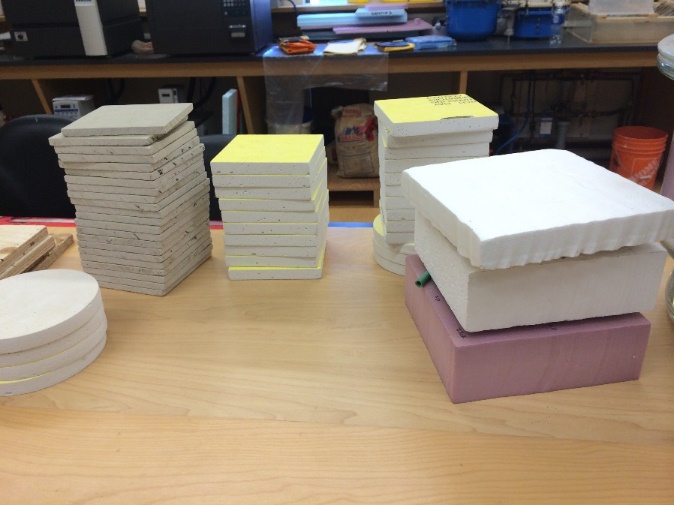The BSCE is involved in several bio-based and low-carbon construction materials research to support sustainable material development and design practices for the purpose of improved indoor air quality, resource efficiency, water conservation, energy efficiency and affordability.
The BSCE conducts research to characterize materials in terms of thermal and moisture transport, storage properties and their variations with temperature, moisture content, age, as well as the compatibility between interacting materials. High quality material property data obtained at the BSCE is used in the development of products that are more suitable for the local weather conditions, and fed into building envelope and whole building hygrothermal models for the development of more durable building envelopes.
CSA Standard S478-95 Guideline for Durability in Buildings defines durability as “the ability of a building or any of its components to perform its required functions in its service environment over a period of time without unforeseen cost for maintenance or repair”. Proper materials characterization is at the core of designing building envelopes for durability by supporting the effective selection, use, and maintenance of materials to perform their functions within the envelope as intended. Materials characterization at the BSCE is conducted as follows:
- Property measurement – Material properties are measured in the Hygrothermal Property Measurement Laboratory (HPML) including the following:
- Material density
- Moisture sorption isotherm
- Vapour permeability
- Water absorption coefficient
- Thermal conductivity
- Air permeability
2. Durability assessment – Materials performance/property deterioration are measured using durability deterioration/damage models and short-term accelerated deterioration tests. These are used to determine materials performance thresholds under expected environmental loads.










